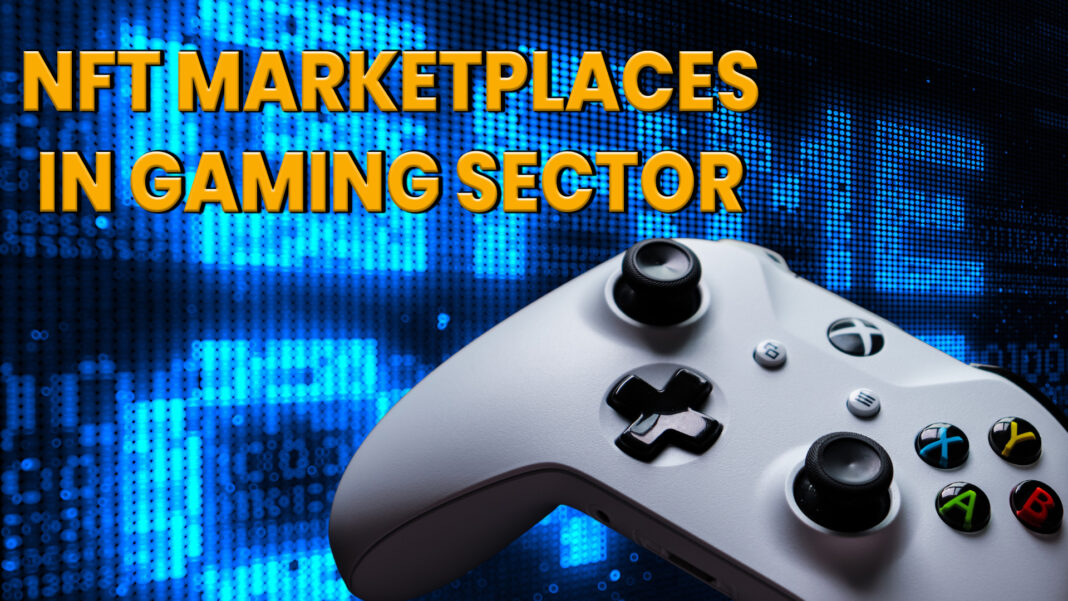- NFTs are assets tokenized by the blockchain.
- Gamers are using NFTs for the exchange of currency.
- NFT has gained popularity in the gaming sector.
NFT is an asset that gets tokenized via blockchain. They can be exchanged and traded for cryptocurrencies. The future of NFT is very bright in different sectors: art, entertainment, real estate, gaming, etc. The NFTs will be able to operate on multiple blockchains in the future, hopefully. It will be able to create more monetization avenues. But the risks and challenges have to be considered.
What Is NFT?
NFT stands for Non-Fungible Token. These are assets that are tokenized via the blockchain. These are distinguished from other tokens by their unique identification codes and metadata. These are exchanged and traded for cryptocurrencies, money, or other NFTs.
Cryptocurrency is also a form of token but the key difference between NFTs and cryptocurrencies is that cryptocurrencies from the same blockchain are interchangeable but two NFTs from the same blockchain, despite being identical, cannot be interchanged. These can be anything from sports highlights and collectibles like art to computer-generated avatars.
The value of NFT is completely dependent on the demand for it. Certain gaming avatars or artwork have sold for millions but lost their value with time. Hence, not every NFT is appreciable in value. NFTs either have a fixed selling price or there is a need to bid for them in an auction.
The steps to minting NFTs include first deciding the concept of a user’s NFT and then selecting an NFT platform and further connecting a digital wallet to the platform, creating an NFT, and minting the NFT in the form of a unique token on the blockchain.
The best way to increase the reach and demand for NFTs is by promoting them through various channels, including art communities, social media, the NFT marketplace, etc. It is very important to remain transparent about the work.
Risks and challenges include pseudonymity, copyright and intellectual property, cybersecurity threats, smart contract risks, privacy and data protection, environmental impact, and regulation.
NFT Marketplace In Gaming
The gaming sector is fusing with other art sectors based on blockchain technology. NFTs are entering the gaming world and many users and active gamers are using NFTs as a source of currency exchange. NFT has gained great popularity in the gaming industry as it offers new ways for players to create, own, and trade their virtual assets.
Conclusion
The future of NFT is very bright, as emerging technologies in the NFT space include advancements in blockchain interoperability. It will allow NFTs to move beyond Ethereum and operate on multiple blockchains. It may enhance their utility and reduce the associated energy cost. The integration of smart contracts enables the NFT future to have complex functionalities and automated interactions that can broaden their applications.
NFTs will play a significant role in various industries regarding their long-term prospects, from the art, entertainment, and real estate industries to the gaming industry. New monetization avenues may be created that provide collectors with unique digital assets. The challenges are also there concerning sustainability, regulatory scrutiny, managing copyright, fraud issues, taxation, etc. NFTs (Non-Fungible Tokens), Gaming, Asset


